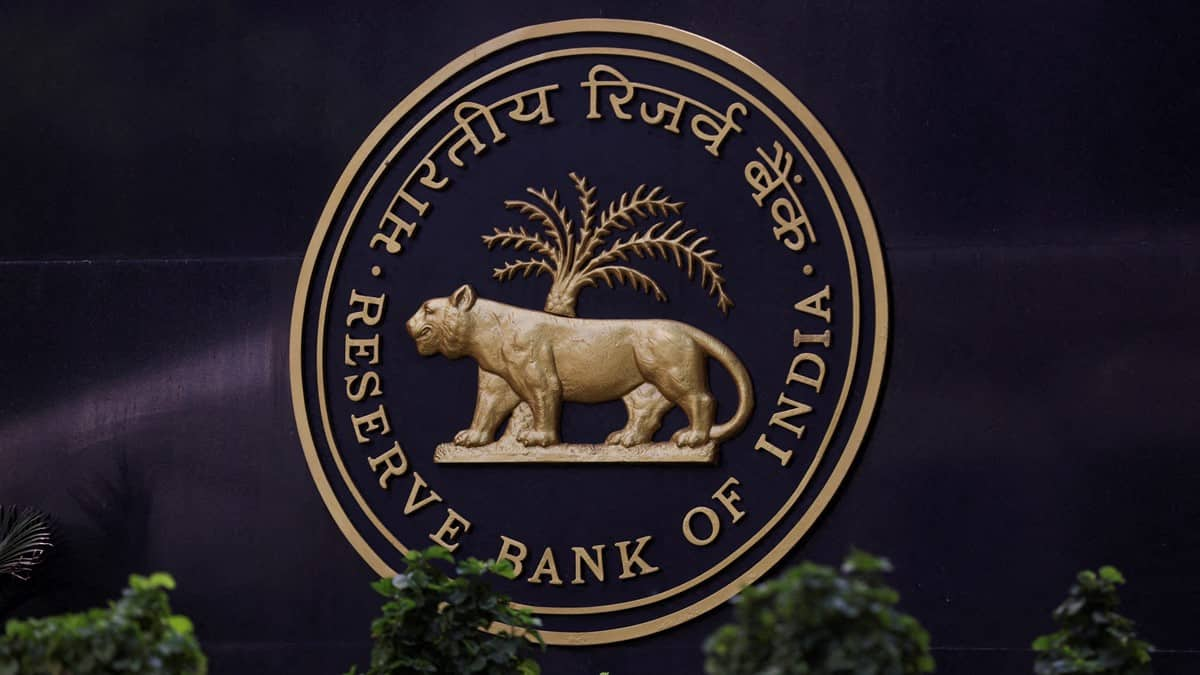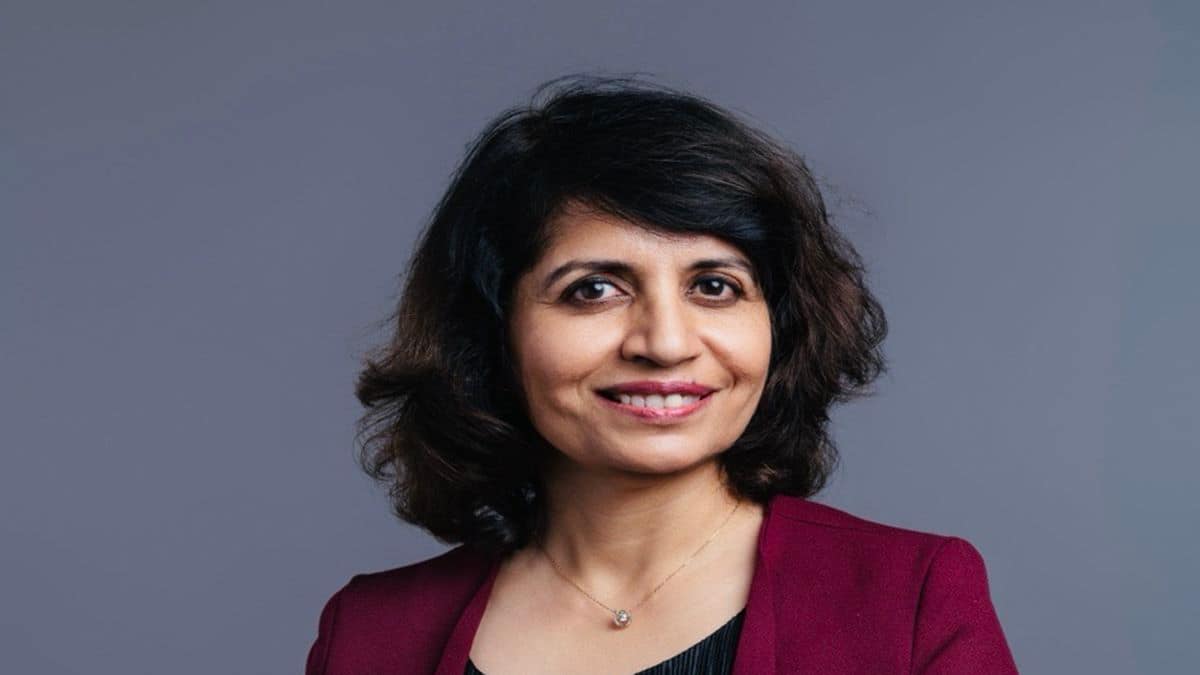After having acquired payment aggregator licences from the Reserve Bank of India (RBI), major players are now focusing on increasing merchants on their platforms by offering a range of products and services.
“We will definitely be launching some special offers for new merchants who come on the platform,” said Harshil Mathur, chief executive officer and co-founder, RazorPay. Whatsapp payments to businesses and omnichannel payment acceptance are key focus areas for the company, he added.
Apart from RazorPay, Cashfree Payments and EnKash were among companies that received the central bank’s nod. These entities can now onboard new merchants on their platforms.
“We are actively strategising and restructuring our team to capitalise on this emerging business segment. We have ongoing collaborations with 12 different banking partners for their corporate customers,” says Yadvendra Tyagi, co-founder of EnKash. Tyagi said the licence will enable the company to offer a comprehensive suite of modules, including a collection module.
According to RBI’s March 2020 guidelines, payment aggregators must have a board-approved policy to acquire merchants. The guidelines refer to payment aggregators as entities that facilitate e-commerce sites and merchants to accept payment instruments from customers for their transactions without the need for merchants to create their own payment interface.
Separately, payment gateways are entities that provide technology infrastructure to route and facilitate processing of an online payment transaction. The guidelines mandate that payment gateways will need to obtain an aggregator licence to acquire merchants and offer digital payment solutions.
Prior to the curbs, RazorPay and Cashfree Payments accounted for a lion’s share of new merchant onboarding. “There is close to 20,000 businesses that are in queue to go live and are in various stages of completing KYC and other formalities. Eight thousands (merchants) are absolutely ready and compliant with KYC,” says Reeju Datta, co-founder, Cashfree Payments. “So we are focusing on clearing the queue, helping merchants go live as soon as possible and complete onboarding requirements.”
Cashfree’s existing merchant base is 300,000 and the company gets around 30,000 leads per month. The company did $40-billion of payment processing in 2022-23 and will aim at doubling that in the current financial year.
Payments companies will have to gain market share by providing superior payments experience to its users, having robust governance, security, fraud-prevention and risk management to mitigate the risk of abuse of their platforms by fraudsters, besides managing customer grievances well, say experts.
“Digital payments tech stack is very amenable to economies of scale and scope. Key metrics to be tracked would be the number of merchants it serves and the volume and the value of payments processed by it,” said Rohan Lakhaiyar, partner, Grant Thornton Bharat.




